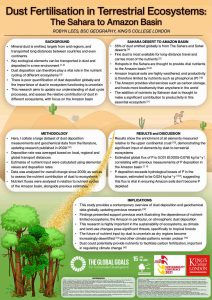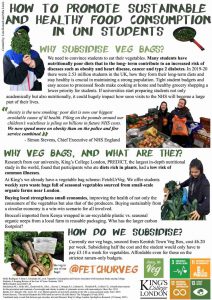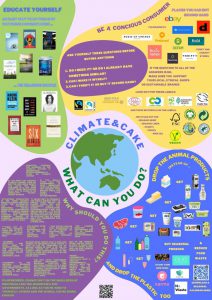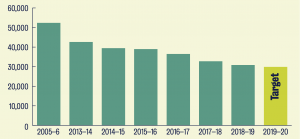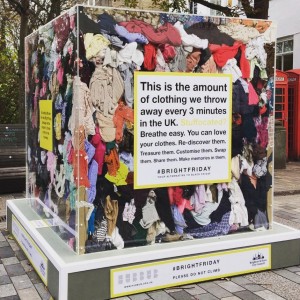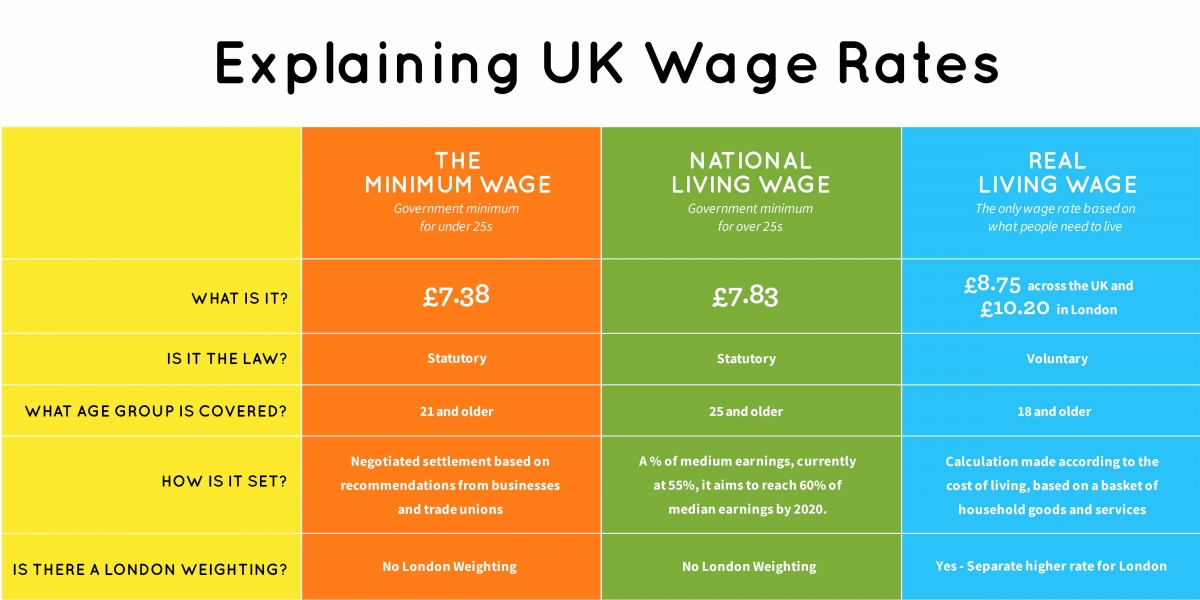This guest blog comes from Mason Cole, MA Politics and Contemporary History student and Sustainability Champion Assistant (SCA), supporting the King’s Energy Team.
In 2015, the United Nations released 17 ‘Sustainable Development Goals‘ (SDGs). These 17 interlinked goals seek to guide us in creating a fairer and more sustainable world for all by 2030. Each goal outlines the current situation, sub-goals and targets, as well as indicators for measurement. We focus here on goal number 7: ‘Affordable and Clean Energy.’
SDG 7 – what is it?
SDG 7 focuses on ‘ensur[ing] access to affordable, reliable, sustainable and modern energy for all’. The goal’s three ‘outcome targets’ include ‘universal access to modern energy,’ ‘increas[ing] the global percentage of renewable energy’ and ‘doubling the improvement in energy efficiency’ (SDGs, 2021). In other words, we must ensure access to electricity to all, while increasing the share of renewable energy in our global energy usage.
The UN has identified that 789 million people around the world have no access to electricity, which means they are most likely having to use alternative and, often, unsustainable sources to heat their homes and cook their food. It is vital that when these people gain access to electricity, it is sustainably sourced and renewable electricity. International cooperation is required to make this a reality. Indeed, as of 2017, only 17% of total energy consumption was derived from renewable sources, with the energy efficiency improvement rate falling below the UN’s 3% target.
Achieving global goal 7 will have an impact far beyond electricity usage. It is closely related to SDG 13, ‘Climate change mitigation,’ as well as many other goals, including poverty eradication (SDG 1), health (SDG 3), gender equality (SDG 5), transport (SDG 9), sustainable cities (SDG 11), etc.
What has the UK done?
As a result of the coronavirus, this past year has seen some important milestones in the UK’s journey towards increasing renewable energy. In 2020, renewable energy overtook fossil fuels as the largest source of UK electricity. More recently, over Easter weekend, figures suggest that 80% of UK energy consumption came from low-carbon energy sources and there was no coal generation on the grid. 39% of this figure is accounted for by wind power and 21% by solar, marking an improvement from the fossil fuel-heavy consumption of recent years.
While these figures occurred on a Bank Holiday and during lockdowns, these achievements are commendable and demonstrate that positive change is possible.
What has King’s done?
Since 2017, all electricity directly purchased by King’s has come from 100% UK wind energy and since signing a Power Purchase Agreement (PPA) in 2019, 20% of our purchased electricity comes from PPA wind farms. In addition to this, we have solar panels at the Cicely Saunders Institute, Great Dover Street Apartments and Champion Hill, as well as a combined heat and power system and a ground source heat pump at Denmark Hill. Also, as you already know from our previous posts (hint, hint), we are in the process of switching all light bulbs to LEDs. Finally, as of the start of 2021, King’s has fully divested from all fossil fuels, nearly two years ahead of schedule.
What can you do?
While individual action is not the silver bullet solution, each of us can play a role in achieving SDG 7. You can switch the bulbs in your house to LEDs when they next need changing in order to reduce consumption and waste. We also recommend checking with your energy provider for the sources of your electricity. If you’re interested in learning more about how you can both switch to cheaper, fairer and more environmentally-friendly energy, check out the Citizens UK Fair Energy Campaign, as well as how student group King’s 4 Change is supporting the campaign at King’s. Finally, in a previous blog post, we outlined some easy and accessible ways to save energy at home and there’s more on the way!
As always, if you have any further questions or want to get involved with King’s Energy, get in touch!

